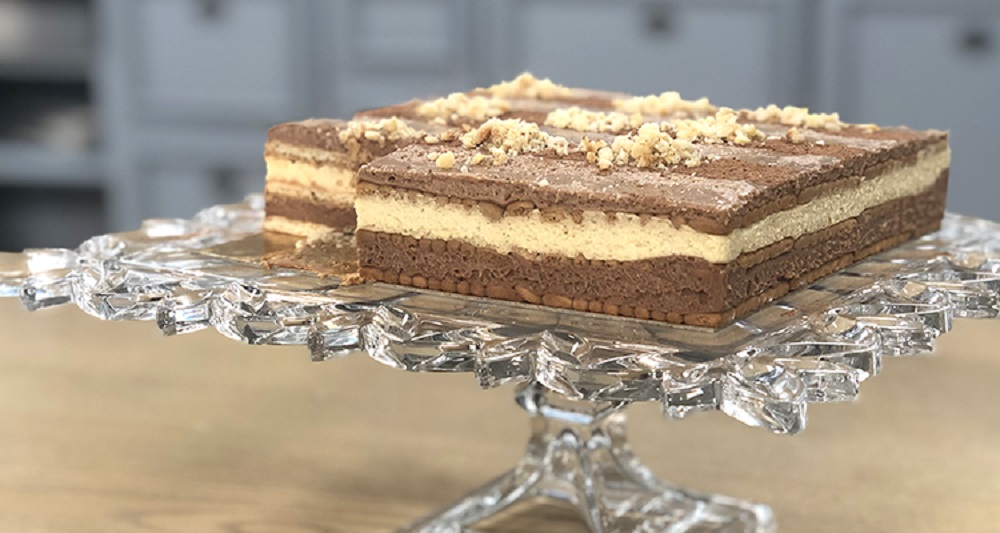Khobzet El Hawa (خبزة الهواء), literally translated as “The Air Cake,” is a soft, fluffy Tunisian dessert known for its light texture and nostalgic taste. This delicate cake has been a staple in many Tunisian households for generations, often prepared for birthdays, holidays, and celebratory family gatherings. Unlike rich butter-heavy cakes, Khobzet El Hawa is airy, moist, and pleasantly simple — a tribute to the elegance of minimalist baking.
Typically made with eggs, sugar, flour, a touch of vanilla, and sometimes a sprinkle of lemon zest or orange blossom water, the cake is often baked in a mold and topped with a light syrup or a dusting of powdered sugar. Some variations include almonds or coconut, depending on regional preferences or family recipes.
Cultural Significance in Tunisia
More than just a dessert, Khobzet El Hawa carries deep emotional weight. For many Tunisians, especially those living abroad, this cake evokes powerful memories of childhood, home, and the warmth of gatherings with grandparents and cousins around large tables. Its simplicity makes it one of the first cakes children learn to bake with their mothers or grandmothers — a symbolic handover of cultural tradition and love.
Its name — “Cake of the Air” — reflects both its ethereal texture and its ability to lift the spirit. It’s light but satisfying, elegant yet modest, making it a perfect representation of traditional Tunisian values.
Is “Khobzet El Hawa” Known or Eaten in the United States?
Yes, but primarily within Tunisian-American households. While this cake hasn’t yet reached mainstream popularity in American bakeries or restaurants, it is increasingly being showcased at Arab food festivals, online cooking blogs, and social media channels run by Tunisian immigrants. In cities like Los Angeles, Chicago, and New York, where Arab communities are more established, some niche patisseries or caterers have even started offering this dessert for weddings and private events.
Among Arab and North African Americans, Khobzet El Hawa is seen as a comforting taste of home — one that doesn’t rely on expensive ingredients, but rather on memory and love. It also appeals to non-Tunisian foodies looking for light, gluten-friendly, or simple Mediterranean-style desserts.
A Dessert That Deserves More Recognition
Given the rise in interest in global pastries like Japanese cheesecake or Middle Eastern basbousa, Khobzet El Hawa is perfectly positioned to gain wider popularity. Its airy texture, health-conscious ingredient list, and deep cultural narrative make it both Instagram-worthy and heartfelt. Recipes are being shared more widely in both Arabic and English, and younger Tunisian-Americans are proudly reviving it as a symbol of identity and family pride.

